
Rivas: The Gateway to Nicaragua's Natural Wonders
Rivas, nestled between the Pacific Ocean and Lake Nicaragua, is a charming city that offers an authentic Nicaraguan experience. This city is known for its rich history, colonial architecture, and welcoming locals. Strolling through the streets of Rivas, you’ll find vibrant markets, historic churches, and bustling plazas that provide a glimpse into the daily life of its residents. Rivas serves as a perfect base for exploring the stunning natural surroundings. To the west, you can enjoy the pristine beaches of San Juan del Sur, famous for its surfing and laid-back vibe. To the east, the majestic Ometepe Island, with its twin volcanoes and diverse wildlife, awaits adventurous travelers. The close proximity to these attractions makes Rivas an ideal starting point for day trips and excursions. Aside from its natural beauty, Rivas offers a host of cultural experiences. The city is steeped in folklore and traditions, with festivals and events that bring its heritage to life. Whether you're exploring its historical sites, sampling local cuisine, or simply soaking in the atmosphere, Rivas promises a memorable visit for every traveler.
Local tips in Rivas
- Visit the local markets early in the morning for the freshest produce and a lively atmosphere.
- Take a day trip to Ometepe Island; ferries leave regularly from the nearby port of San Jorge.
- Stay hydrated and wear sunscreen, as the tropical climate can be quite intense.
- Learn a few basic Spanish phrases; the locals appreciate the effort and it will enhance your experience.
- Sample the local cuisine, especially the traditional dish 'vigorón,' a must-try in Rivas.
Rivas: The Gateway to Nicaragua's Natural Wonders
Rivas, nestled between the Pacific Ocean and Lake Nicaragua, is a charming city that offers an authentic Nicaraguan experience. This city is known for its rich history, colonial architecture, and welcoming locals. Strolling through the streets of Rivas, you’ll find vibrant markets, historic churches, and bustling plazas that provide a glimpse into the daily life of its residents. Rivas serves as a perfect base for exploring the stunning natural surroundings. To the west, you can enjoy the pristine beaches of San Juan del Sur, famous for its surfing and laid-back vibe. To the east, the majestic Ometepe Island, with its twin volcanoes and diverse wildlife, awaits adventurous travelers. The close proximity to these attractions makes Rivas an ideal starting point for day trips and excursions. Aside from its natural beauty, Rivas offers a host of cultural experiences. The city is steeped in folklore and traditions, with festivals and events that bring its heritage to life. Whether you're exploring its historical sites, sampling local cuisine, or simply soaking in the atmosphere, Rivas promises a memorable visit for every traveler.
When is the best time to go to Rivas?
Iconic landmarks you can’t miss
Cristo de La Misericordia
Discover the breathtaking views and spiritual essence of Cristo de La Misericordia in San Juan del Sur, a must-visit tourist attraction in Nicaragua.
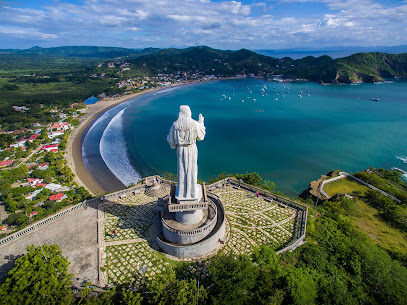
Ciudad de Rivas Central Park
Explore the vibrant Ciudad de Rivas Central Park, a green sanctuary in Rivas, Nicaragua, showcasing local art, culture, and tranquility amidst nature.
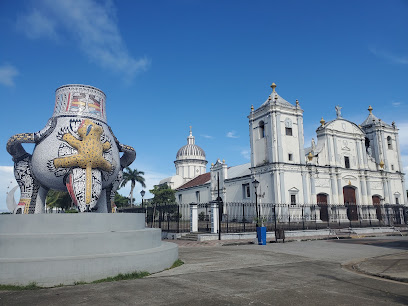
National Shrine of Jesus Rescue
Explore the profound spiritual journey at the National Shrine of Jesus Rescue, a serene sanctuary in Popoyuapa, Nicaragua, blending faith and tranquility.
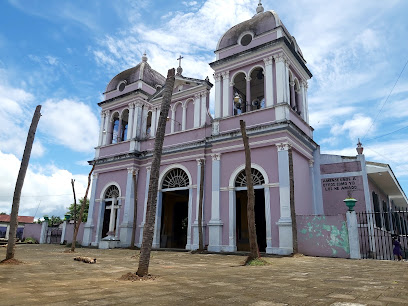
El Gato Moto Rentals Rivas
Experience the thrill of riding in Nicaragua with El Gato Moto Rentals – your gateway to stunning landscapes and unforgettable adventures.
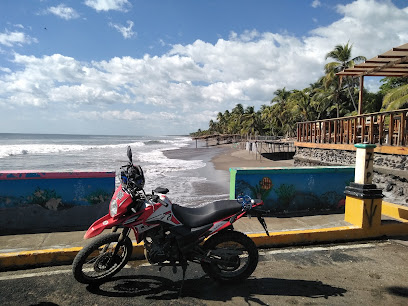
Vila's Restaurante, Rivas Nicaragua
Experience the authentic tastes of Nicaragua at Vila's Restaurante in Rivas, where local ingredients meet traditional recipes for unforgettable meals.
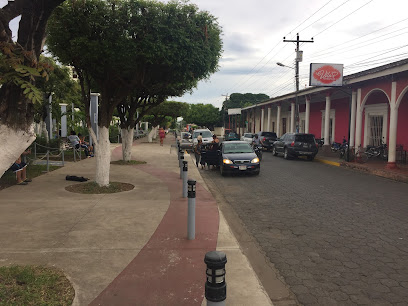
Museum of History and Anthropology of Rivas
Discover Nicaragua's vibrant history and diverse cultures at the Museum of History and Anthropology of Rivas, a must-visit destination for every traveler.
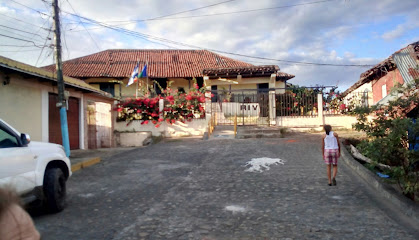
Gran Hotel Victoria
Gran Hotel Victoria in Rivas offers a perfect blend of comfort and local culture, ideal for travelers seeking relaxation and exploration in Nicaragua.
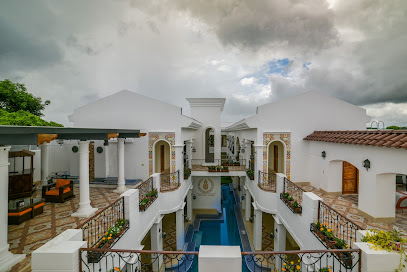
Iglesia Parroquial de San Pedro
Explore the architectural beauty and rich history of Iglesia Parroquial de San Pedro in Rivas, Nicaragua, a must-visit landmark for every traveler.
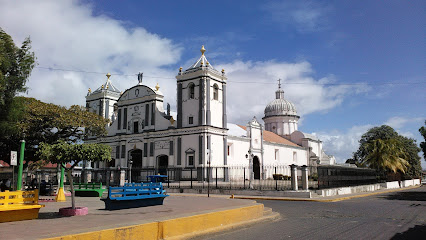
Puerto San Jorge
Discover Puerto San Jorge, a vibrant seaport offering breathtaking views, adventure-filled excursions, and a taste of authentic Nicaraguan culture.
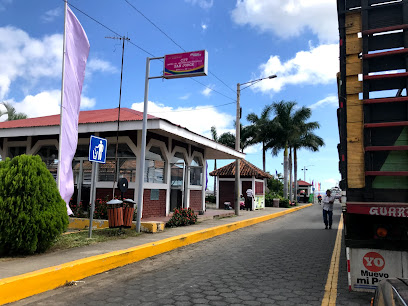
ETJ RIVAS
Discover the historical charm of ETJ Rivas, a landmark rich in culture and architectural beauty, perfect for history lovers and curious travelers alike.
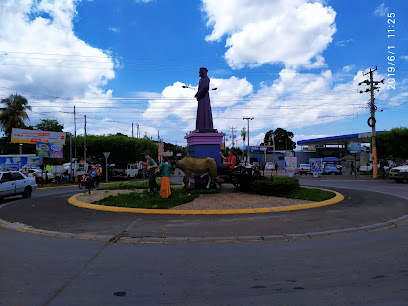
HOSPEDAJE HILMOR
Experience the essence of Rivas at Hospedaje Hilmor, where comfort meets local culture in the heart of Nicaragua.
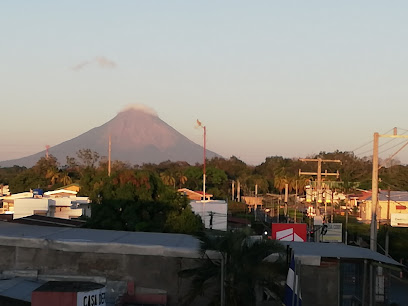
INTUR Rivas
Explore the heart of Nicaragua from INTUR Rivas, your essential stop for local travel tips, maps, and cultural insights.
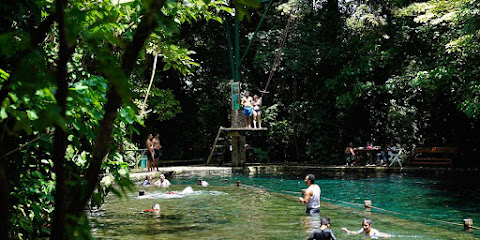
TRAVEL LOPEZ NICARAGUA
Discover the convenience and reliability of Travel Lopez Nicaragua for all your transportation needs in Rivas, ensuring a memorable travel experience.
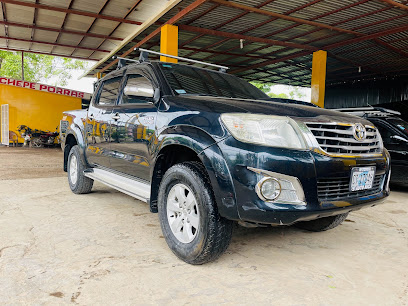
Playa La Virgen
Experience the tranquil beauty of Playa La Virgen, where stunning beaches and serene landscapes await your discovery in Nicaragua.
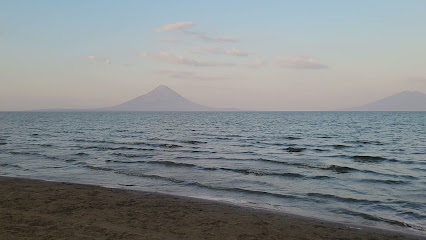
Fortaleza El Vigía
Discover the breathtaking views and rich history at Fortaleza El Vigía, a historic fortress overlooking San Juan del Sur.
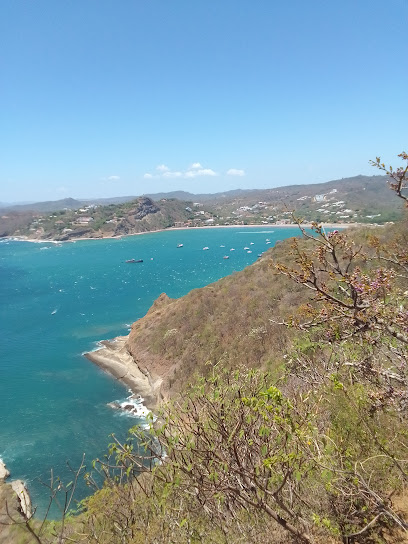
Unmissable attractions to see
Cristo de La Misericordia
Experience breathtaking views and serenity at Cristo de La Misericordia, a towering symbol of hope in San Juan del Sur, Nicaragua.
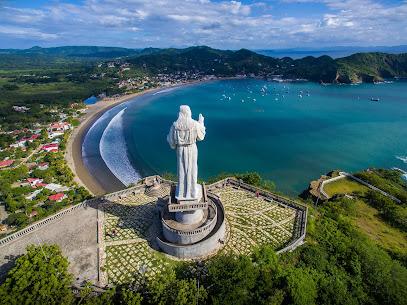
Reserva Natural Volcán Mombacho
Explore the breathtaking landscapes and rich biodiversity of Mombacho Volcano Natural Reserve near Granada, Nicaragua, a perfect destination for nature lovers and adventure seekers.
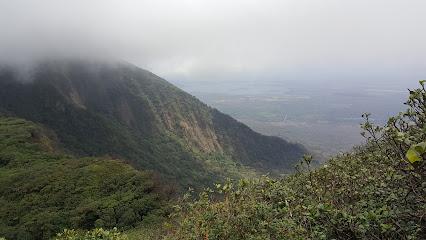
Reserva Natural Volcán Mombacho
Discover the breathtaking beauty and rich biodiversity of Reserva Natural Volcán Mombacho, a premier nature preserve near Granada, Nicaragua.
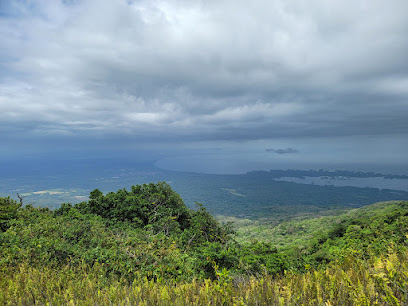
Playa El Jobo
Explore the pristine sands and crystal-clear waters of Playa El Jobo, a serene escape in Costa Rica's Guanacaste Province, perfect for relaxation and adventure.
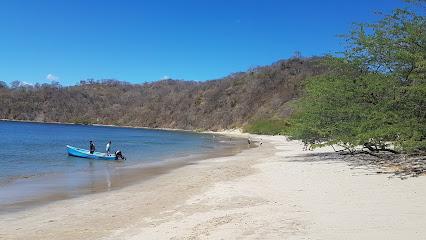
Ometepe
Explore Ometepe, a breathtaking island in Lake Nicaragua, where adventure, nature, and rich culture await every traveler.
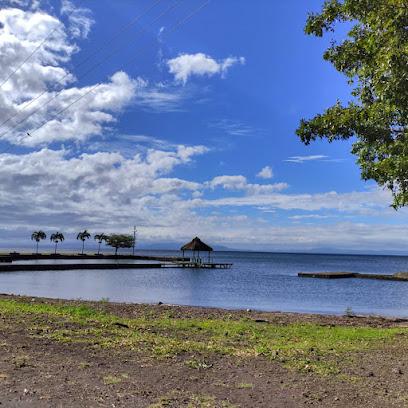
Museum of Traditions and Legends
Explore Nicaragua’s vibrant folklore and traditions at León's Museum of Traditions and Legends – a captivating cultural experience.
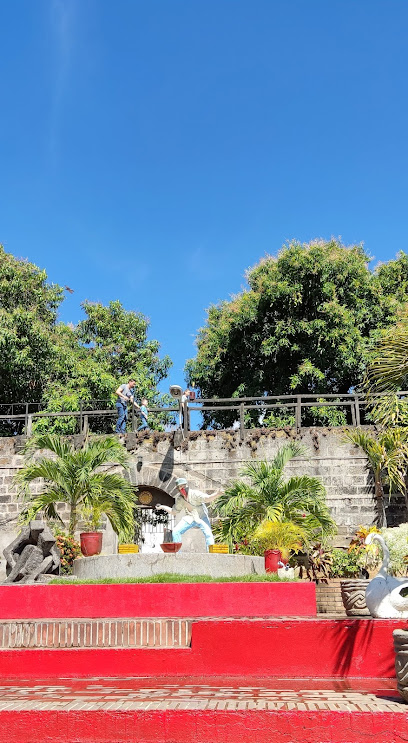
Quebradas Biological Center
Explore the lush biodiversity at Quebradas Biological Center, a nature lover's paradise in the heart of Costa Rica's stunning Pérez Zeledón.
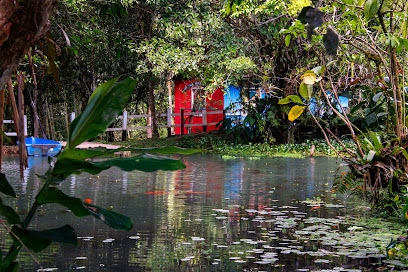
Waterfall Moon
Experience the breathtaking beauty of Waterfall Moon, a serene park in La Empresa, Nicaragua, featuring stunning waterfalls and lush nature trails.
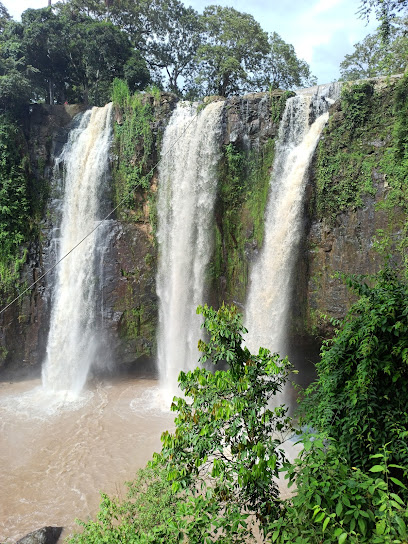
Charco Verde Park & Butterfly Aviary
Explore the beauty of nature at Charco Verde Park & Butterfly Aviary, a serene destination filled with wildlife and stunning landscapes in Ometepe, Nicaragua.
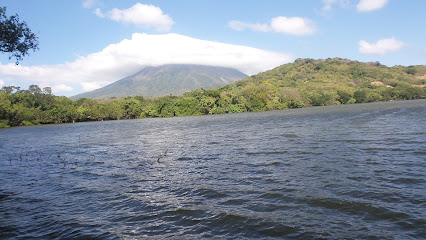
Playa San Juan del Sur
Experience the magic of Playa San Juan del Sur, where stunning beaches, vibrant culture, and unforgettable sunsets await you on Nicaragua's Pacific coast.
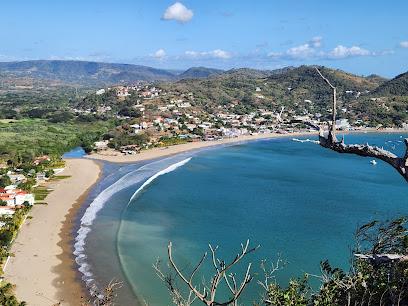
Playa Maderas
Discover Playa Maderas, a tranquil beach paradise in Nicaragua, perfect for surfing, relaxation, and eco-friendly adventures amid stunning landscapes.
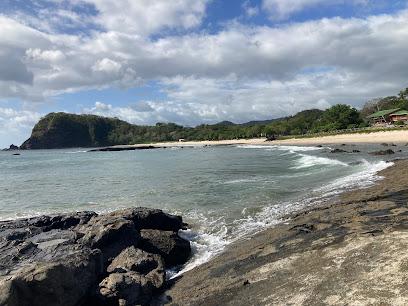
Topolandia Costa Rica
Explore the breathtaking landscapes and vibrant nature at Topolandia Costa Rica, a premier destination for adventure and tranquility.
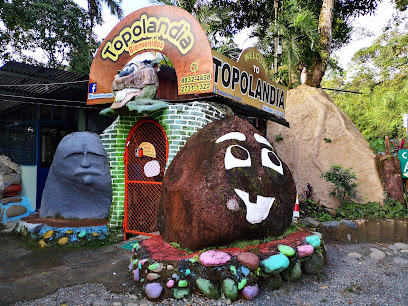
Cascada de San Ramón
Explore the breathtaking beauty of Cascada de San Ramón, a hidden gem in Las Cuchillas offering stunning views and tranquility for all nature lovers.
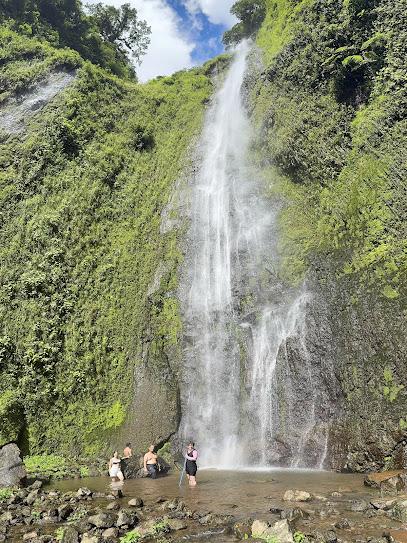
Mombacho
Explore the breathtaking beauty of Mombacho Volcano in Nicaragua, a nature lover's paradise with hiking trails, stunning views, and rich biodiversity.
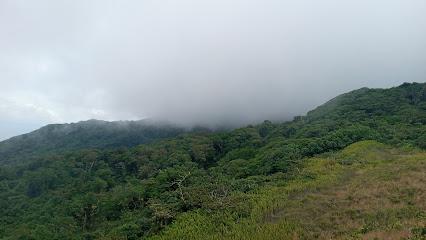
El Ceibo Museums
Explore the rich culture and history of Sacramento at El Ceibo Museums, a unique blend of museum and hotel offering unforgettable experiences.

Essential places to dine
La Nani Café
Discover authentic Nicaraguan cuisine at La Nani Café in Rivas - a delightful spot for food lovers!
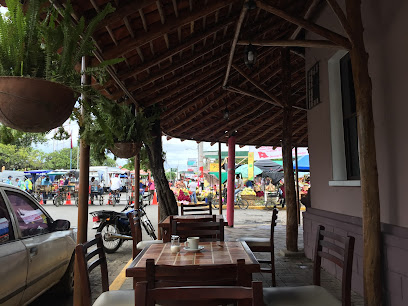
El Mariscazo
Discover authentic Nicaraguan seafood at El Mariscazo in Rivas – where fresh flavors meet vibrant culture along the Panamerican Highway.
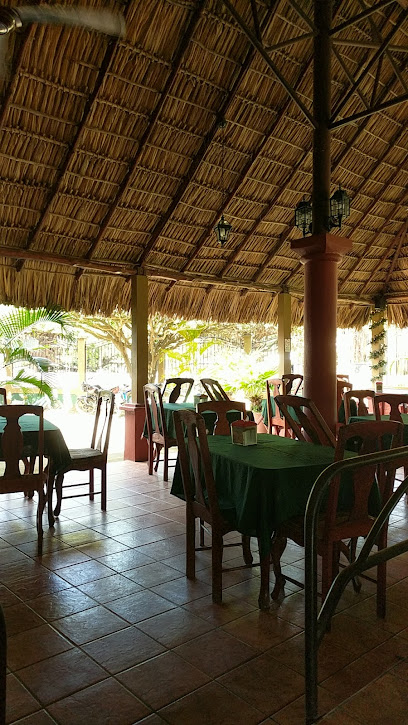
Soda El Canton
Discover authentic Nicaraguan flavors at Soda El Canton in Rivas – where every meal tells a story of tradition.
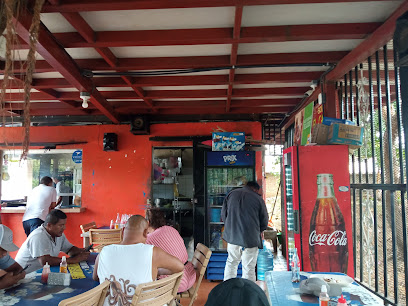
Restaurant and Bar El Principe
Discover authentic Nicaraguan flavors at El Principe Restaurant and Bar in Rivas – where culinary tradition meets warm hospitality.
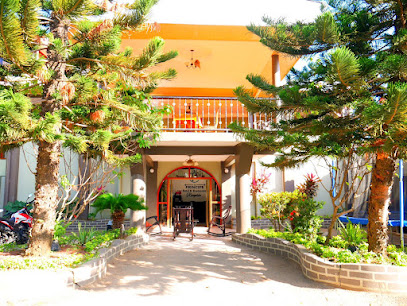
Pupusas Salvadoreñas Rivas
Experience authentic Salvadoran cuisine at Pupusas Salvadoreñas Rivas—home to delicious handmade pupusas in a cozy setting.
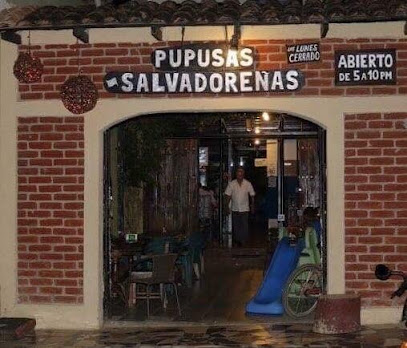
Buffet El Mesón
Experience authentic Nicaraguan cuisine at Buffet El Mesón - where local flavors come alive in a vibrant buffet setting.
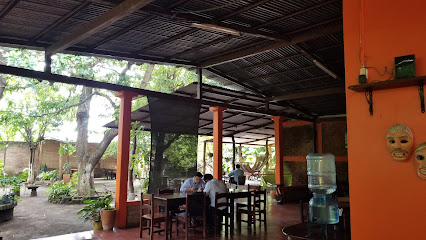
Vila's Restaurante, Rivas Nicaragua
Discover authentic Nicaraguan cuisine at Vila's Restaurante in Rivas – where every dish tells a story!
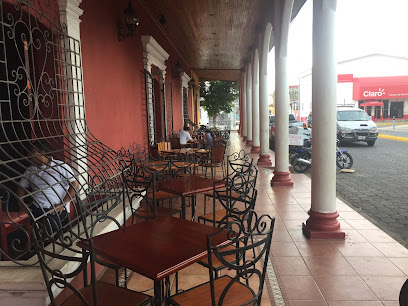
Bistro Antojitos
Discover delicious grilled dishes and vibrant cocktails at Bistro Antojitos in Rivas - a culinary gem offering great flavors at affordable prices.
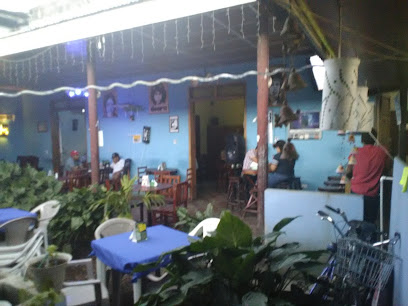
Restaurante y bar Fiori's
Experience authentic Nicaraguan flavors at Fiori's Restaurant and Bar in Rivas – where culinary excellence meets warm hospitality.
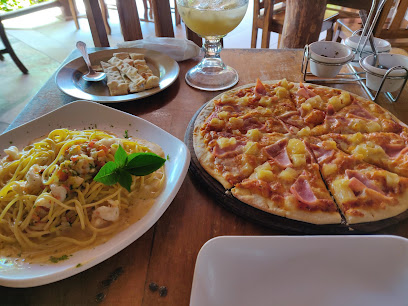
La Cuchara Buffet
Explore the vibrant flavors of Nicaragua at La Cuchara Buffet – where culinary delights meet local hospitality in Rivas.
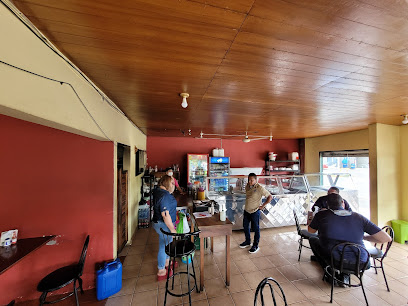
Rancho Escondido
Experience the flavors of Nicaragua at Rancho Escondido - where local cuisine meets warm hospitality in Rivas.
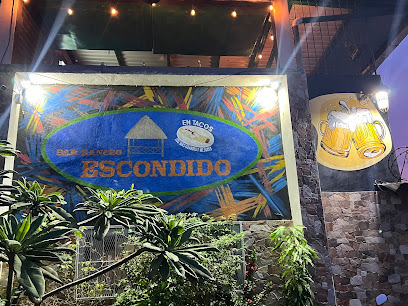
La Concha Restaurant
Experience authentic Nicaraguan cuisine at La Concha Restaurant in Rivas - where every dish tells a story.
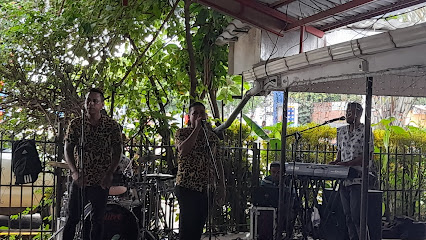
CHAGRIS
Experience authentic Nicaraguan flavors at Chagris in Rivas - where every meal is a celebration of local cuisine.
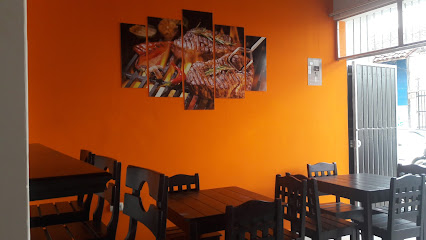
Chop Suey
Discover the vibrant flavors of Asia at Chop Suey in Rivas – where delicious cuisine meets warm hospitality.
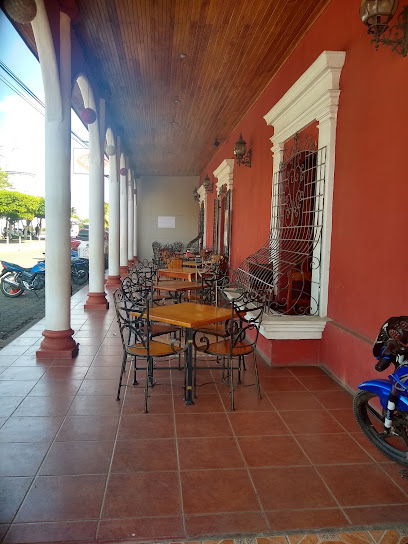
La Rayuela
Experience authentic Nicaraguan cuisine at La Rayuela in Rivas - a must-visit culinary destination for all food lovers.
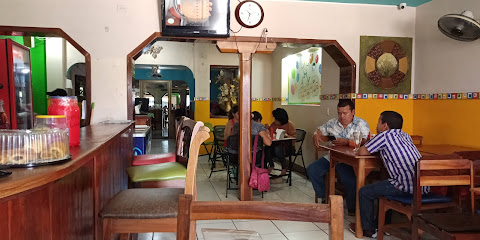
Markets, malls and hidden boutiques
Maxi Palí • Rivas
Experience local shopping at Maxi Palí, the supermarket where Nicaraguan culture meets convenience and affordability in Rivas.
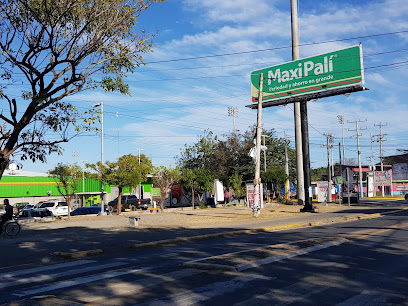
SINSA Rivas
Discover quality tools and local craftsmanship at SINSA Rivas, the go-to hardware store for all your home improvement needs in Nicaragua.
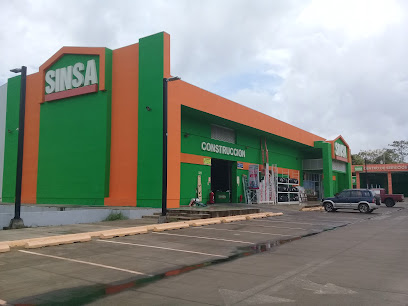
Palí
Explore Palí in Rivas for an affordable shopping experience filled with local flavors and essentials at your fingertips.
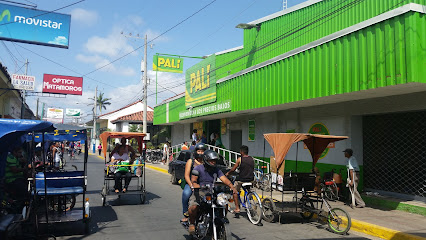
La Curacao Rivas
Explore La Curacao Rivas for top-notch appliances, electronics, and furniture in the heart of Nicaragua.
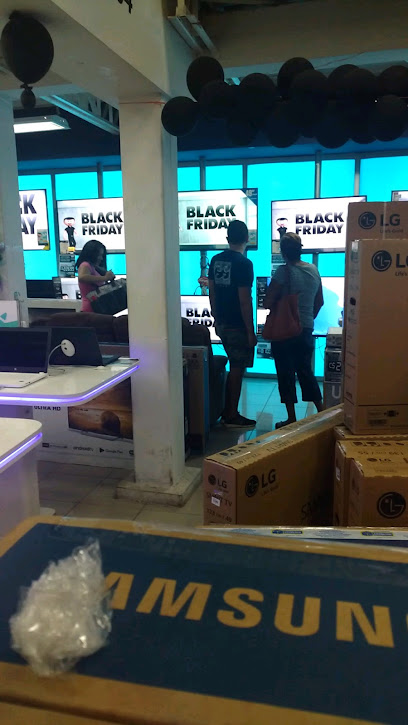
Librería Tres Mundos
Discover the enchanting Librería Tres Mundos in Rivas, where pen lovers find inspiration and exquisite writing instruments await.
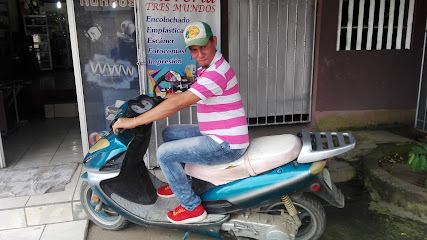
Casa De La Limpieza Rivas Nicaragua
Explore Casa De La Limpieza in Rivas, Nicaragua for unique home goods and authentic local products that make perfect souvenirs.

AMPM | Rivas
Explore Rivas with ease at AMPM, your go-to convenience store for snacks, drinks, and travel essentials, open 24/7.
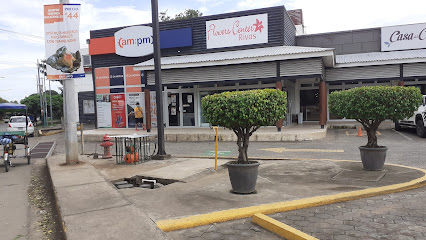
Tienda Azul Rivas
Experience local flavors and vibrant culture at Tienda Azul Rivas, a unique grocery store in the heart of Nicaragua.
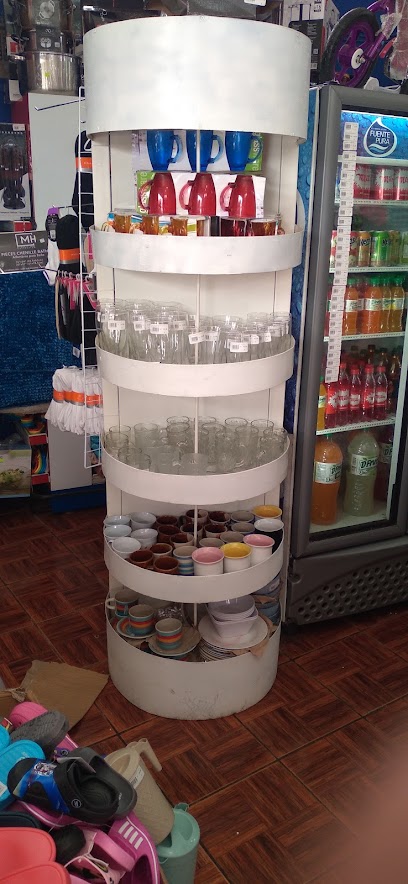
Floristería Sacuanjoche
Discover the vibrant beauty of Floristería Sacuanjoche in Rivas, where fresh flowers and expert arrangements await to brighten your day.
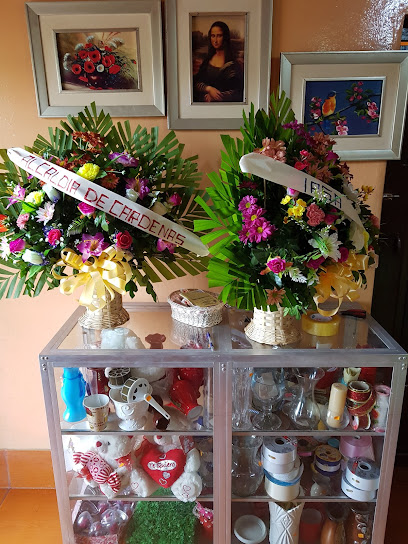
Pulperia Carol
Experience the authentic flavors of Nicaragua at Pulperia Carol in Rivas, where local culture and cuisine come together in a vibrant store setting.

Rivas Store Online
Rivas Store Online: The premier destination for stylish and durable boots in San Jorge, Nicaragua.
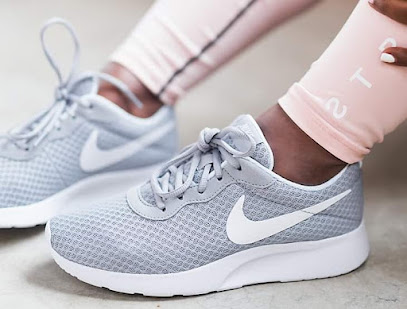
Nica Española
Experience the vibrant culinary scene at Nica Española, a grocery store offering local flavors and authentic Nicaraguan ingredients in Rivas.

Digital Store
Explore the Digital Store in Rivas for the latest electronics, from smartphones to accessories, and elevate your travel experience with top-notch tech.
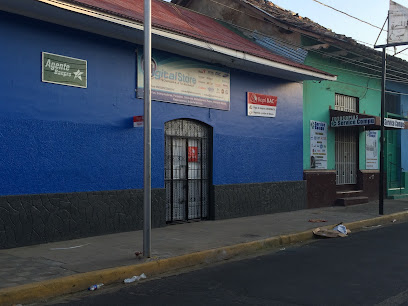
Variedades Jackeline
Explore Variedades Jackeline in Rivas, Nicaragua - a vibrant appliance store offering unique local crafts and household items.
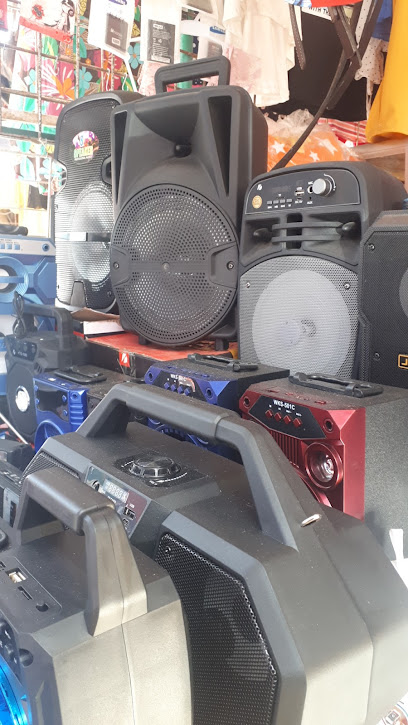
TIANGUIS SACUANJOCHE
Explore Tianguis Sacuanjoche in Rivas for an authentic taste of Nicaraguan culture with fresh produce, crafts, and local flavors.
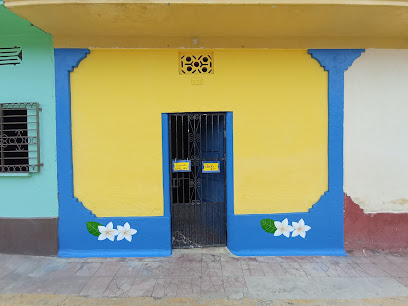
Essential bars & hidden hideouts
Bistro Antojitos
Discover the vibrant flavors and welcoming ambiance at Bistro Antojitos in Rivas, offering delicious grilled dishes and refreshing drinks.
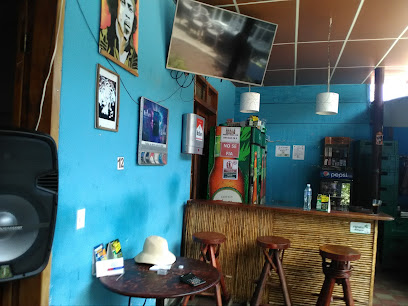
Restaurante y bar Fiori's
Discover the vibrant flavors of Nicaragua at Restaurante y Bar Fiori's, where culinary tradition meets modern dining in Rivas.
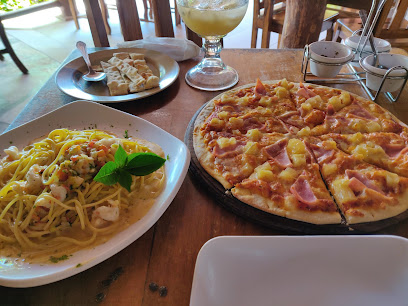
Rancho Escondido
Experience the vibrant flavors of Nicaragua at Rancho Escondido, a culinary haven in Rivas perfect for tourists and locals alike.
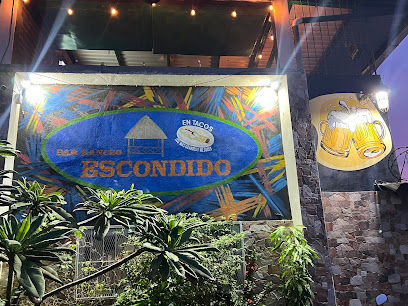
Mētzi Bar
Experience the vibrant nightlife at Mētzi Bar in Rivas, where creative cocktails and a lively atmosphere await every visitor.
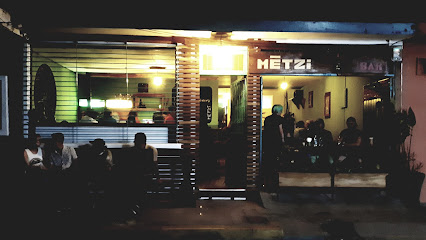
La Plaza Sport Bar
Discover La Plaza Sport Bar in Rivas - a vibrant hub for drinks, sports, and a taste of local nightlife.
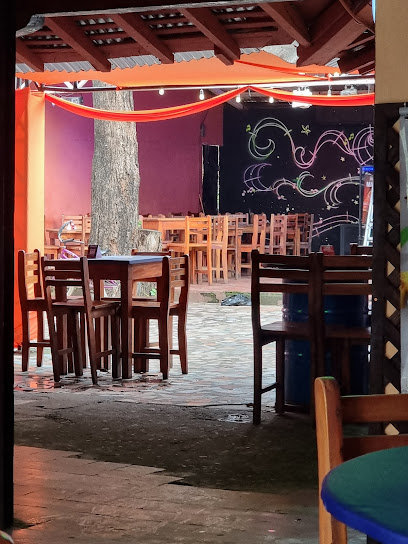
Bar El Pirata
Experience the vibrant nightlife of San Jorge at Bar El Pirata, where local drinks and friendly atmosphere await.
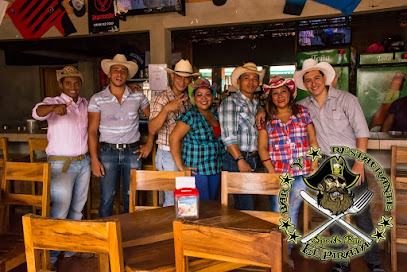
Acera Alta
Discover the culinary gem of Rivas at Acera Alta, where flavorful grilled dishes and a vibrant atmosphere await every visitor.
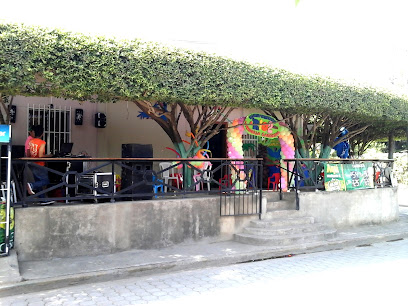
Roots Rivas Bar
Discover the lively nightlife at Roots Rivas Bar in Rivas, Nicaragua, where delicious drinks and a welcoming atmosphere await every visitor.
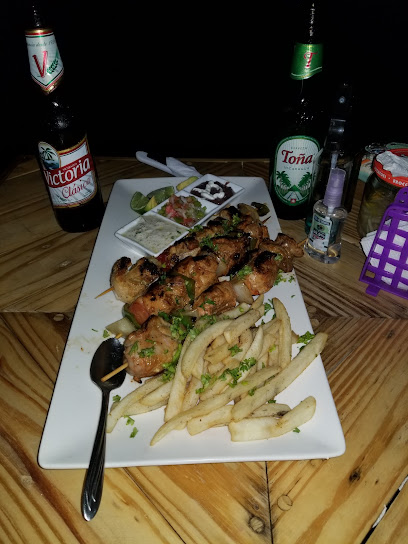
Mastersound Discobar
Experience the vibrant nightlife of Rivas at Mastersound Discobar, a lively bar with diverse drinks, eclectic music, and a welcoming atmosphere.
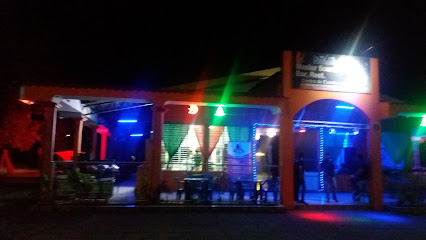
PicaDelis Tiki Bar
Discover the vibrant flavors and lively atmosphere at PicaDelis Tiki Bar in Rivas, Nicaragua, where delicious grilled delicacies and refreshing drinks await.
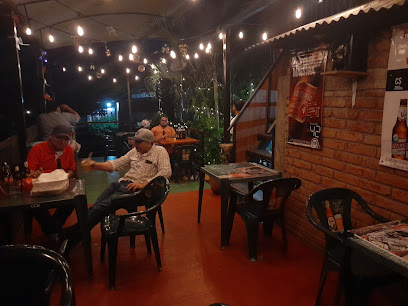
Good fellas
Experience the best of Nicaraguan grilling at Good Fellas in Rivas, where every bite tells a story of flavor and tradition.
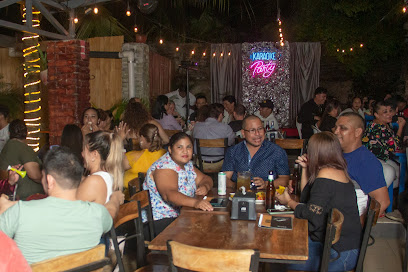
Bar Blue Moom
Discover the vibrant nightlife at Bar Blue Moom in Rivas, where refreshing drinks and lively atmosphere await every visitor.
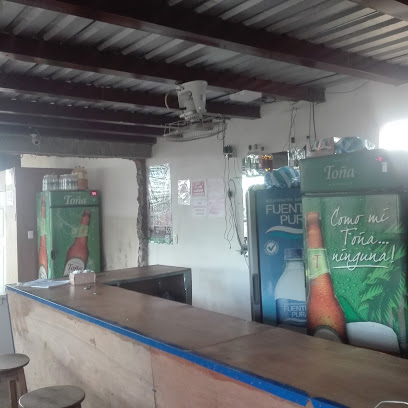
Bar Mora
Experience the vibrant nightlife at Bar Mora in Rivas, featuring a lively atmosphere, refreshing drinks, and a taste of local culture.
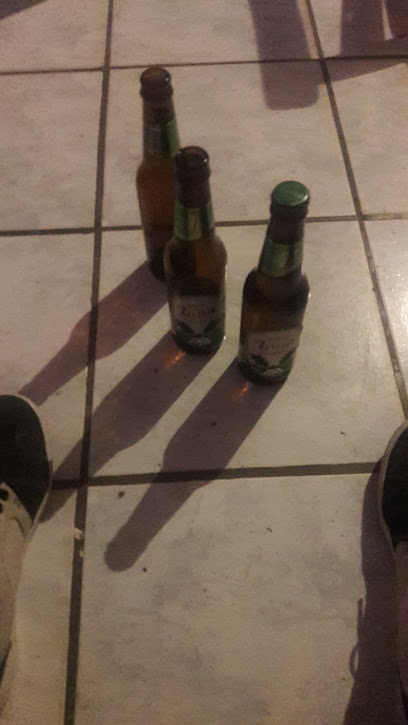
Vaqueros Pool and Bar
Discover the lively Vaqueros Pool and Bar in Rivas, where relaxation meets entertainment in a tropical paradise, perfect for travelers seeking a social atmosphere.

Local Phrases
-
- HelloHola
[OH-lah] - GoodbyeAdiós
[ah-DYOHSS] - YesSí
[SEE] - NoNo
[NOH] - Please/You're welcomePor favor/De nada
[pohr fah-VOHR/deh NAH-dah] - Thank youGracias
[GRAH-syahss] - Excuse me/SorryDisculpe/Lo siento
[dees-KOOL-peh/loh SYEHN-toh] - How are you?¿Cómo estás?
[KOH-moh ehs-TAHS] - Fine. And you?Bien. ¿Y tú?
[BYEHN. ee too] - Do you speak English?¿Hablas inglés?
[AH-blahss een-GLEHS] - I don't understandNo entiendo
[NOH ehn-TYEHN-doh]
- HelloHola
-
- I'd like to see the menu, pleaseMe gustaría ver el menú, por favor
[meh goos-tah-REE-ah behr ehl meh-NOO, pohr fah-VOHR] - I don't eat meatNo como carne
[NOH KOH-moh KAHR-neh] - Cheers!¡Salud!
[sah-LOOD] - I would like to pay, pleaseMe gustaría pagar, por favor
[meh goos-tah-REE-ah pah-GAHR, pohr fah-VOHR]
- I'd like to see the menu, pleaseMe gustaría ver el menú, por favor
-
- Help!¡Ayuda!
[ah-YOO-dah] - Go away!¡Vete!
[VEH-teh] - Call the Police!¡Llama a la policía!
[YAH-mah ah lah poh-lee-SEE-ah] - Call a doctor!¡Llama a un doctor!
[YAH-mah ah oon dohk-TOHR] - I'm lostEstoy perdido
[ehs-TOY pehr-DEE-doh] - I'm illEstoy enfermo
[ehs-TOY ehn-FEHR-moh]
- Help!¡Ayuda!
-
- I'd like to buy...Me gustaría comprar...
[meh goos-tah-REE-ah kohm-PRAR] - I'm just lookingSólo estoy mirando
[SOH-loh ehs-TOY meer-AHN-doh] - How much is it?¿Cuánto cuesta?
[KWAHN-toh KWEHS-tah] - That's too expensiveEso es muy caro
[EH-soh ehs mwee KAH-roh] - Can you lower the price?¿Puede bajar el precio?
[PWEH-deh BAH-har ehl PREE-syoh]
- I'd like to buy...Me gustaría comprar...
-
- What time is it?¿Qué hora es?
[keh OR-ah ehs] - It's one o'clockEs la una
[ehs lah OO-nah] - Half past (10)Media (10)
[MEH-dee-ah (DEE-ayss)] - MorningMañana
[mah-NYAH-nah] - AfternoonTarde
[TAHR-deh] - EveningNoche
[NOH-cheh] - YesterdayAyer
[ah-YEHR] - TodayHoy
[HOY] - TomorrowMañana
[mah-NYAH-nah] - 1Uno
[OO-noh] - 2Dos
[DOHS] - 3Tres
[TREHS] - 4Cuatro
[KWAH-troh] - 5Cinco
[SEEN-koh] - 6Seis
[SAYSS] - 7Siete
[SYEH-teh] - 8Ocho
[OH-choh] - 9Nueve
[NWEH-veh] - 10Diez
[DYESS]
- What time is it?¿Qué hora es?
-
- Where's a/the...?¿Dónde está el/la...?
[DOHN-deh ehs-TAH ehl/lah] - What's the address?¿Cuál es la dirección?
[KWAHL ehs lah dee-rehk-SYOHN] - Can you show me (on the map)?¿Puedes mostrarme (en el mapa)?
[PWEH-dehss mohs-TRAHR-meh (ehn ehl MAH-pah)] - When's the next (bus)?¿Cuándo es el próximo (autobús)?
[KWAHN-doh ehs ehl PROH-ksee-moh (ow-toh-BOOS)] - A ticket (to ....)Un boleto (para ....)
[oon boh-LEH-toh (PAH-rah)]
- Where's a/the...?¿Dónde está el/la...?
History of Rivas
-
The region of Rivas has been inhabited for thousands of years, with evidence of pre-Columbian civilizations such as the Nahuatl and Chorotega people. These indigenous groups had developed advanced agricultural practices and established extensive trade networks long before the arrival of the Spanish.
-
In the early 16th century, Spanish conquistadors led by Gil González Dávila arrived in the region. The Spanish established settlements and began the process of colonization, which included the forced conversion of indigenous populations to Christianity and the imposition of Spanish culture and governance.
-
One of the most significant historical events in Rivas is the Battle of Rivas in 1855. This battle was a key conflict during the campaigns of American filibuster William Walker, who attempted to take control of Nicaragua. Local forces, aided by Costa Rican troops, successfully repelled Walker's forces, marking a turning point in Central American resistance against foreign intervention.
-
Following the Battle of Rivas, Nicaragua faced a larger conflict known as the National War, a struggle to expel William Walker and his mercenaries from the country. The city of Rivas served as a crucial battleground during this war, and its residents played a significant role in the ultimate defeat of Walker’s forces.
-
Rivas is known for its rich cultural heritage, including traditional music, dance, and cuisine. The city celebrates various festivals throughout the year, such as the Fiesta de San Sebastián, which features colorful parades, traditional dances, and religious ceremonies. The influence of indigenous and Spanish cultures can be seen in the city's architecture, crafts, and daily life.
-
In recent decades, Rivas has undergone significant development, becoming an important hub for tourism in southern Nicaragua. Its proximity to popular destinations like San Juan del Sur and Ometepe Island has spurred economic growth and infrastructure improvements, while efforts continue to preserve the city's historical sites and cultural traditions.
Rivas Essentials
-
Rivas is located in southwestern Nicaragua. The nearest international airport is Augusto C. Sandino International Airport in Managua, approximately 110 kilometers away. From Managua, you can take a bus or a taxi to Rivas. The journey by road typically takes around 2 hours. Alternatively, you can rent a car for more flexibility in your travel plans.
-
Rivas is a relatively small city, and many attractions are within walking distance. For longer trips, local taxis and buses are available. Buses are an economical option and connect Rivas to nearby towns and popular tourist destinations like San Juan del Sur and the island of Ometepe. Renting a car is another convenient option for exploring the region at your own pace.
-
The official currency in Nicaragua is the Nicaraguan Córdoba (NIO). Credit cards are widely accepted in hotels, restaurants, and larger stores, but it is advisable to carry cash for smaller establishments and markets. ATMs are available in Rivas, and it's a good idea to have some cash on hand, especially if you plan to visit rural areas.
-
Rivas is generally safe for tourists, but standard precautions are recommended. Avoid walking alone at night, especially in poorly lit areas. Areas with higher crime rates include the outskirts of the city and some neighborhoods with lower economic status. Always keep an eye on your belongings in crowded places. Stay vigilant and aware of your surroundings.
-
In case of an emergency, dial 118 for police and 128 for medical emergencies. There is a local hospital in Rivas, and several pharmacies provide over-the-counter medications. Having travel insurance that covers medical emergencies is highly recommended.
-
Fashion: Do dress modestly, especially when visiting religious sites. Avoid wearing overly revealing clothing. Religion: Do show respect for local customs and traditions. Remove your hat and avoid loud conversations in religious sites. Public Transport: Do be courteous to other passengers and give up your seat to elderly individuals. Don't eat or drink on public transport. Greetings: Do greet locals with a friendly 'Buenos días' or 'Buenas tardes.' A handshake is a common form of greeting. Eating & Drinking: Do try local dishes and be open to food offerings. Don't refuse hospitality, as it is considered impolite.
-
To experience Rivas like a local, visit the local markets where you can buy fresh produce and artisanal goods. Engage with locals; they are often friendly and willing to share insights about the area's history and culture. Consider visiting the nearby island of Ometepe, which offers beautiful landscapes and unique cultural experiences. Don't miss the opportunity to explore the local beaches and enjoy the vibrant nightlife in nearby San Juan del Sur.
Trending Landmark in Rivas
-
Cristo de La Misericordia
-
Ciudad de Rivas Central Park
-
National Shrine of Jesus Rescue
-
El Gato Moto Rentals Rivas
-
Vila's Restaurante, Rivas Nicaragua
-
Museum of History and Anthropology of Rivas
-
Gran Hotel Victoria
-
Iglesia Parroquial de San Pedro
-
Puerto San Jorge
-
ETJ RIVAS
-
HOSPEDAJE HILMOR
-
INTUR Rivas
-
TRAVEL LOPEZ NICARAGUA
-
Playa La Virgen
-
Fortaleza El Vigía
Nearby Cities to Rivas
-
Things To Do in San Juan del Sur
-
Things To Do in Ometepe
-
Things To Do in Granada
-
Things To Do in Masaya
-
Things To Do in Managua
-
Things To Do in Liberia
-
Things To Do in Playa Flamingo
-
Things To Do in Guanacaste
-
Things To Do in Tamarindo
-
Things To Do in Monteverde
-
Things To Do in La Fortuna
-
Things To Do in Jinotega
-
Things To Do in Jaco
-
Things To Do in San Jose
-
Things To Do in Manuel Antonio











